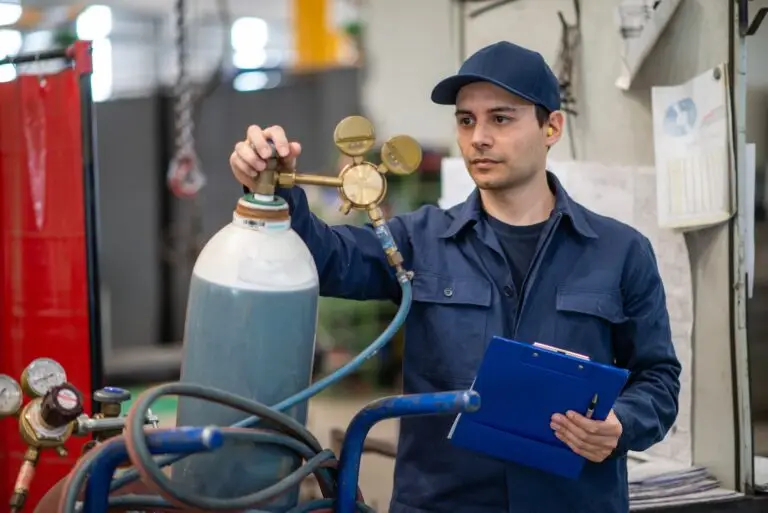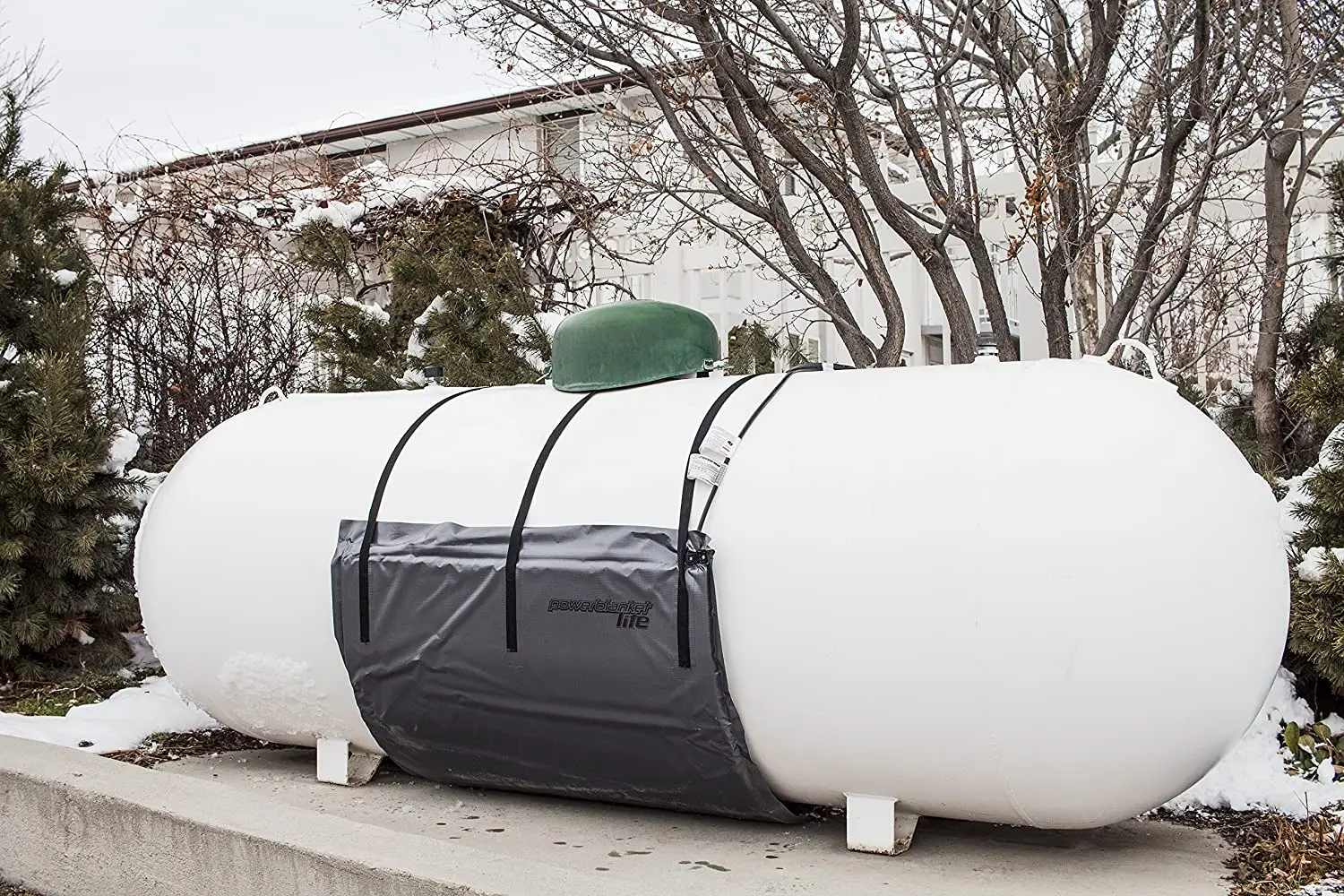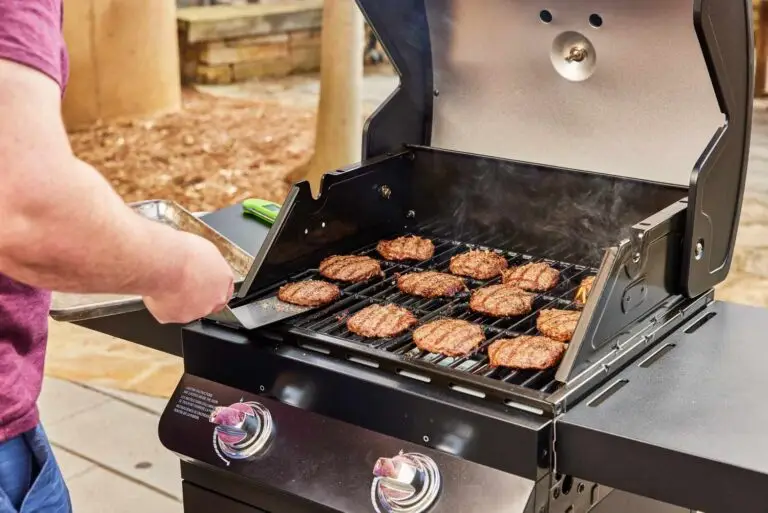
Find AmeriGas Propane Near You: Local Prices & Refill Services Explained
Find AmeriGas Propane Near You: Local Prices & Refill Services Explained Whether you’re barbecuing, fueling your home, or powering equipment on your farm or RV, propane is a fuel many Americans cannot do without. AmeriGas near me is one of

